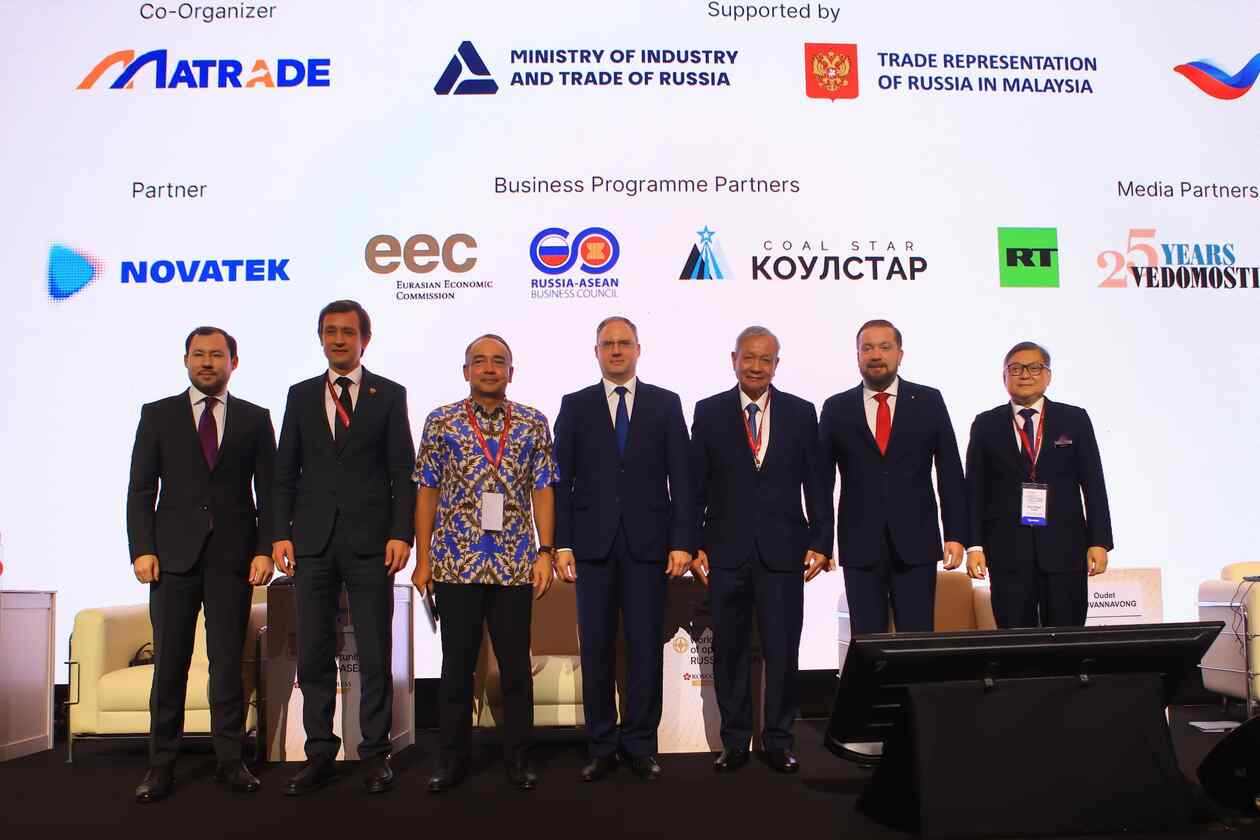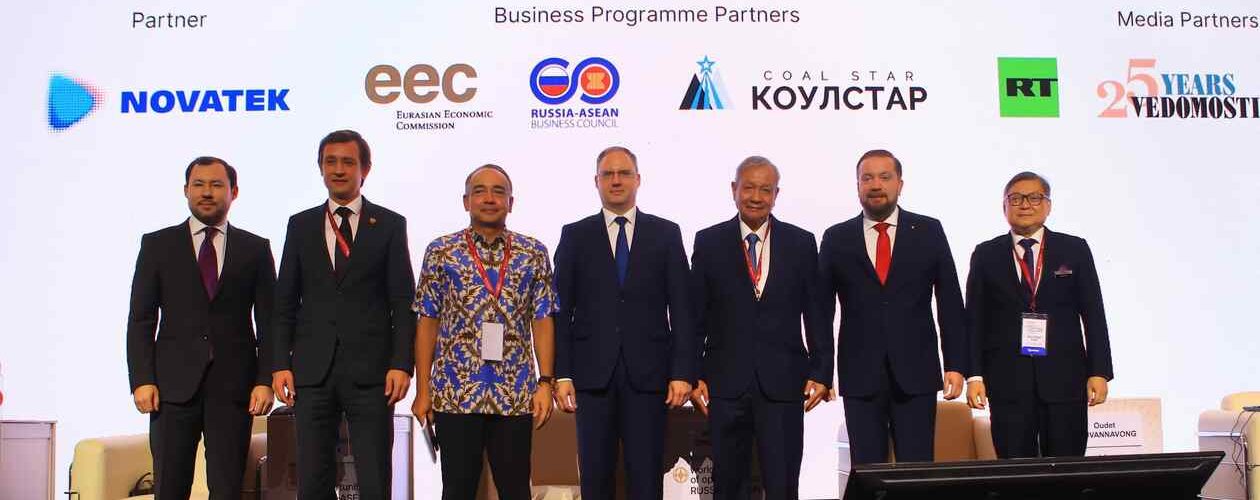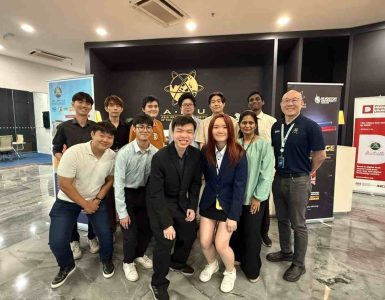The inaugural World of Opportunities: Russia-ASEAN International Business Forum, held in Kuala Lumpur from November 26 to 27, marked a significant milestone in strengthening trade relations between Russia and Southeast Asia. Over 350 participants from 24 countries, including political leaders, business executives, and academics, gathered to discuss new avenues for economic cooperation and explore emerging opportunities across various sectors.
A Platform for Deepening Trade Relations

The Forum, organized by the Roscongress Foundation, provided a vital platform for dialogue on trade and investment relations between Russia and ASEAN countries. It also spotlighted the growing interest of Russian businesses in Southeast Asia, particularly Malaysia, which plays a pivotal role in the region. According to Anton Kobyakov, Advisor to the President of the Russian Federation, the Forum was a timely response to this trend, with Russia’s trade turnover with ASEAN nations reaching a record high in 2023 and continuing to rise in 2024.
“The ‘Russia-ASEAN: World of Opportunities’ Forum became one of the largest business events of its kind in the region in recent years, providing a unique platform to enhance trade relations between Russia and Southeast Asian countries.” said Kobyakov. He further emphasized that the Forum would serve as a critical platform for addressing trade issues and exploring new avenues for collaboration across sectors such as energy, technology, and digital transformation.
Key Themes and Expert Insights
The business agenda of the Forum was comprehensive, covering a wide range of topics, from energy partnerships to digital innovation. Key discussions centered on the strategic dimensions of cooperation between Russia and ASEAN, with special focus on digital transformation, information security, and the growing role of technology in fostering deeper connections.
On the first day, a prominent panel discussion titled “The Energy Dimension of Strategic Partnership between Russia and ASEAN: Lessons Learned and New Directions” explored how the two regions can collaborate to enhance sustainable energy solutions. Further, the EAEU-ASEAN business dialogue focused on fostering long-term development through new forms of business cooperation. The second day shifted focus to other key areas, including healthcare, tourism, and education, all of which are essential to creating a balanced, diversified partnership.
Nail Latypov, the Ambassador of Russia to Malaysia, highlighted the importance of the Forum in shaping future collaborations. He noted the significant role Kuala Lumpur played as the host city, especially given Malaysia’s upcoming ASEAN chairmanship in 2025.
“Russia-Malaysia relations are dynamically progressing across a wide range of areas, providing optimism for their future. I believe this Forum served as an excellent starting point for creating and implementing new projects, fostering cooperation, and promoting open dialogue between the business community and government representatives.” Latypov commented.
A Distinguished Lineup of Experts and Partners
The Forum’s plenary session featured several influential leaders, including Alexey Gruzdev, Deputy Minister of Industry and Trade of the Russian Federation; Tan Sri Nazir Razak, Founder and Chairman of Ikhlas Capital; and Oudet Souvannavong, President of the Lao National Chamber of Commerce and Industry. These leaders shared valuable insights into the opportunities and challenges facing Russia-ASEAN trade relations, highlighting the Forum’s role in facilitating open dialogue between business and government sectors.
The event was supported by the Ministry of Industry and Trade of the Russian Federation, with MATRADE (Malaysia External Trade Development Corporation) serving as a co-organizer. The Tatarstan Trade House was the general partner, and other notable partners included the Russia-ASEAN Business Council and the Eurasian Economic Commission.











